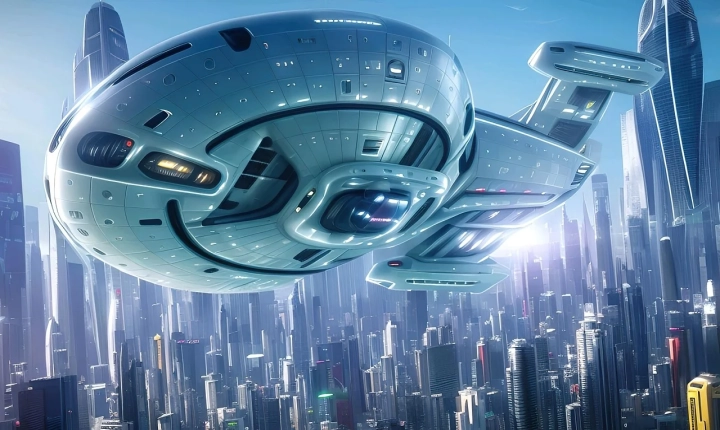Title: The Ethical Dilemma of Supporting AI Art
In recent years, artificial intelligence has made significant advancements in various fields, including art. AI-generated art has gained attention and recognition, leading to questions about the ethical implications of supporting and promoting such works. While the technological prowess of AI art is impressive, it raises important concerns that cannot be ignored.
The primary ethical dilemma surrounding AI art is the issue of originality and creativity. Art has long been considered a manifestation of human creativity and expression. Supporting AI art raises the question of whether these creations can truly be considered original and authentic. AI generates art based on pre-existing data and algorithms, lacking the depth of emotion and personal experience that human artists infuse into their work. By supporting AI art, we risk devaluing the authenticity and originality that have been integral to art throughout history.
Furthermore, the rise of AI art raises concerns about the impact on human artists and the art community as a whole. As AI-generated art gains popularity, there is a potential threat to the livelihood of human artists. If AI art is prioritized and promoted, it could overshadow the work of struggling artists, leading to a further imbalance in the art world. Additionally, it diminishes the value of human creativity and the unique stories and perspectives that human artists bring to their work.
Another critical consideration is the potential societal impact of supporting AI art. Art has always been a platform for cultural and social commentary, reflecting the experiences and struggles of humanity. AI-generated art lacks the human connection and depth of emotion necessary to effectively convey these messages. By elevating AI art, we risk losing the authenticity and emotional resonance that human art brings to important social and cultural issues.
Moreover, there are ethical implications related to the use of AI in the creation of art. The algorithms and data used by AI systems can perpetuate biases and stereotypes, leading to potentially harmful or insensitive depictions in the art it generates. Supporting AI art without considering these ethical implications can perpetuate these biases and contribute to the reinforcement of harmful narratives and representations.
In conclusion, the rise of AI art poses complex ethical challenges that cannot be overlooked. While the technological advancements in AI art are undeniably impressive, we must tread cautiously in our support and promotion of such works. It is crucial to consider the implications on originality, human artists, societal impact, and ethical considerations related to the use of AI in art creation. By critically evaluating these factors, we can make informed decisions about the role of AI in the art world and ensure that human creativity and authenticity remain at the forefront of artistic expression.
